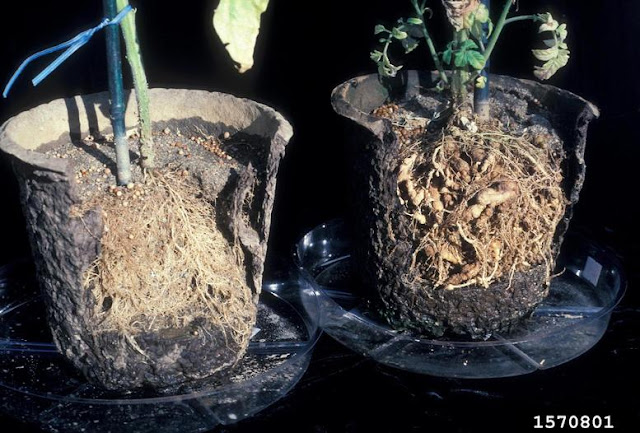By: Kanaabi Michael, Tusiime, Geoffrey, Tukamuhabwa, Phinehas, Zziwa, Simon, JL Andaku, Lamo, Jimmy
International Journal of Agronomy and Agricultural Research - IJAAR is an open-access scholarly research journal, published by International Network for Natural Sciences. IJAAR publishes original scientific research articles in the field of Agronomy and Agricultural Sciences. IJAAR published 2 Volume and 12 issue per the calendar year.
"" IJAAR welcome all of you to submit your research paper for publication in the field of Agriculture, Agronomy, Horticulture etc. Please submit your manuscripts via Online submission panel.""
Bacterial leaf streak disease (Xanthomonas Oryzae pv. Oryzicola) is a devastating disease of rice that is endemic to Asia and parts of the West African coast. In 2014, researchers in Uganda confirmed the occurrence of bacterial leaf streak disease (BLS) in the country.
Having been only recently confirmed in the country, the agronomic response of rice genotypes to the disease has not been studied and therefore the extent of damage to rice due to bacterial leaf streak disease (BLS) has not yet been estimated. A study was conducted with the objective of characterizing the agronomic response of rice genotypes with varying levels of reaction to BLS. Spray inoculation was done 30 days after planting and data collected on BLS incidence and severity starting 15 days after inoculation, then every 10 days for the next 40 days. Data were also collected on yield and yield components at maturity. A strong positive correlation (r=0.99) was found to exist between BLS AUDPC and loss in 1000 grain weight. Regression of AUDPC against yield loss was found to be highly significant (P=0.002), with a high coefficient of determination (R2-0.98). The study revealed that BLS caused yield losses of 0.8-19.2% and losses in panicle fertility of 2.1-13.6%. Source of the articles: Int. J. Agron. Agri. Res. 14(1), 1-10, January 2019.
International Journal of Agronomy and Agricultural Research - IJAAR is an open-access scholarly research journal, published by International Network for Natural Sciences. IJAAR publishes original scientific research articles in the field of Agronomy and Agricultural Sciences. IJAAR published 2 Volume and 12 issue per the calendar year.























